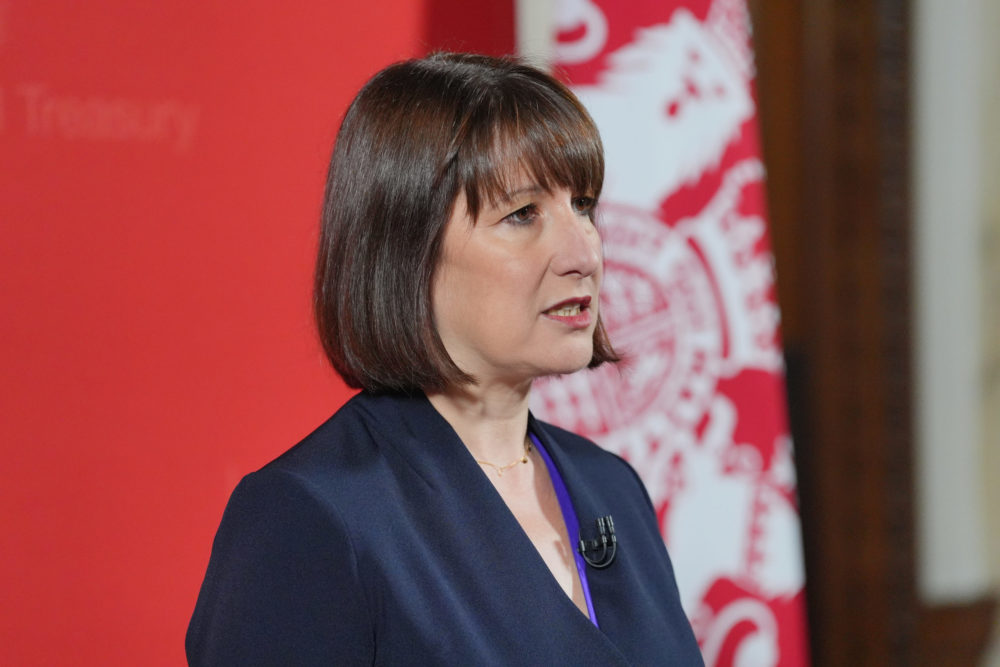UK government borrowing in February exceeded expectations, placing additional pressure on Chancellor Rachel Reeves ahead of her Spring Statement next week.
Official figures show that borrowing – the gap between government spending and tax income – reached £10.7 billion last month, significantly higher than the £6.5 billion forecast by the government’s independent forecaster.
Reeves is expected to announce spending cuts in her upcoming statement to meet her self-imposed fiscal rules, which the Treasury has reiterated are "non-negotiable." Darren Jones, Chief Secretary to the Treasury, emphasized that the government must act swiftly to create an "agile and productive state," reassuring the public that the government will not "play fast and loose with the public finances."
However, economists have warned that the higher-than-expected borrowing adds to the pressure on the Chancellor as she prepares for the Spring Statement. Dennis Tatarkov, Senior Economist at KPMG, noted that the new borrowing figures increase the likelihood of Reeves failing to meet her self-imposed borrowing targets.
Many wealthy nations set similar fiscal rules to assure investors and maintain credibility with financial markets. Reeves’s two main rules are to avoid borrowing to cover day-to-day public spending and to reduce debt as a share of the UK’s economic output by 2029/30.
Isabel Stockton, Senior Researcher at the Institute for Fiscal Studies, stated that Reeves had "boxed herself in" with her fiscal promises, which include not raising taxes further and avoiding a return to austerity in public services. She added that "easy or risk-free options for the Chancellor are in short supply."
Alex Kerr, UK Economist at Capital Economics, predicted that additional spending cuts, beyond those already announced for welfare, would likely be on the table. The Office for Budget Responsibility (OBR) had previously indicated that Reeves had a £9.9 billion buffer against her borrowing rules. However, Kerr suggested that this buffer would likely be "wiped out" in next week’s statement.
Pantheon Macroeconomics pointed to the UK’s "weak public finances" and forecast that the Spring Statement would include more spending cuts, with tax increases expected in October.
This week, the government unveiled plans to overhaul the benefits system in an attempt to save £5 billion annually in response to rising welfare costs. Measures include stricter assessments for Personal Independence Payments (PIP), impacting hundreds of thousands of claimants, and freezing incapacity benefits at £97 per week until 2029/30.
Prime Minister Rishi Sunak also announced the dismantling of NHS England, along with some other arms-length government bodies. However, the government has pledged to increase defence spending, with funds being reallocated from the international aid budget.
Liberal Democrat Treasury spokesperson Daisy Cooper MP criticized the latest borrowing figures, calling them "another major blow" to the Chancellor’s growth strategy and arguing that the government’s approach is failing. She also warned that planned National Insurance increases for employers, set to take effect in April, would "hammer small businesses."










.jpg)